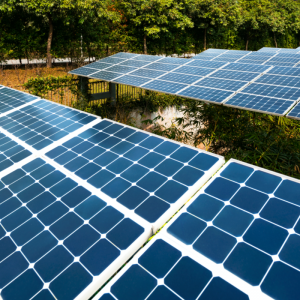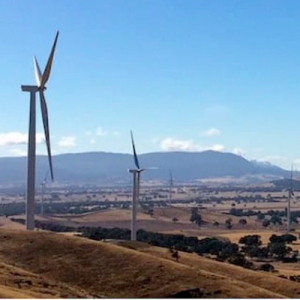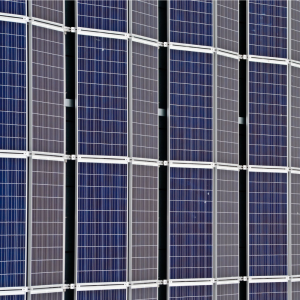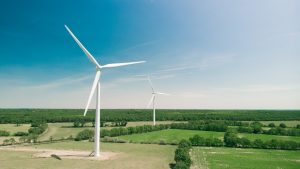Relentless pressure from the community on corporations to engage in more sustainable practice has resulted in ambitious pledges from businesses around the globe to drastically reduce their carbon emissions.
We have seen companies in droves announcing their 100 per cent renewables targets and timelines, igniting industry races to achieve these goals ahead of competitors.
Corporate PPAs have proven to be one of the only ways that companies’ renewables targets can come to fruition, leading to expeditious growth in the number of agreements signed year on year.
In addition to reducing carbon emissions and improved social licence, Corporate PPAs enable businesses to avoid the uncertainty of grid prices and reduce operational costs, offering a true business case for all large energy consumers.
Corporate PPAs Through the Pandemic
Despite the economic precariousness brought by the pandemic, the rise of PPAs didn’t skip a beat with major companies such as Woolworths and Amazon signing new agreements and increasing contracted energy consumption with predominantly solar and wind farms.
S&P Global Market Intelligence reported 20,000 MW of new corporate wind and solar capacity over 2020, the most active year yet in the rapidly growing segment.
This year, ALDI became the first Australian retail company to achieve 100 per cent renewables, an achievement supported extensively by the engagement of two 10-year PPAs. This is just one success story amongst many which demonstrates extent of the value offered by this type of CSR strategy.
Tom Daunt, CEO of ALDI Australia says, “Continued corporate investment in renewables will net cost reductions for us and others in the years to come”.
These successes beg the question, why isn’t everyone doing this?
The Road Ahead
The sheer volume of the uptake of renewable energy sources, and the successes and benefits enjoyed by the early-adopters of sustainable practice, paints a clear picture of what the future of energy consumption is set to look like.
There are however a number of considerations and barriers to navigate when signing a PPA.
Historically, supply of these energy sources and agreements have been monopolised by big, multinational corporations, in particular tech firms, making the sourcing of suitable partnerships a significant challenge for smaller businesses.
Additionally, the complexities involved in the process of negotiation through to project delivery (achieving connection) can present timeline uncertainty and unanticipated costs to the buyer.
Whilst the evidence tells us that Corporate PPAs are set to become a key solution for large energy consumers, unfamiliarity with the process of entering into the traditional 10-15 year Power Purchase Agreement presents serious risks.
However, as the market matures and flexibility around Offsite PPA terms emerge, contracts between 3-5 years are increasingly more common, allowing corporates to revaluate their energy procurement strategy in line with the fluidity of the market.
It is essential that a trusted advisor is engaged to guide buyers through the end-to-end process, and work to curate a customised agreement to suit the business’ unique operational and energy consumption requirements.
Reach out to our team to discuss your business needs and receive tailored advice on how we can help you meet your sustainability objectives.




